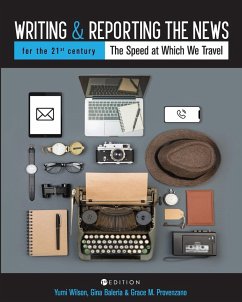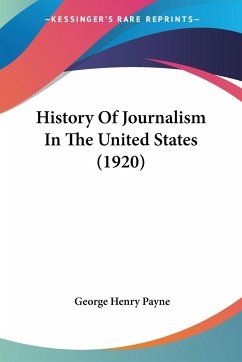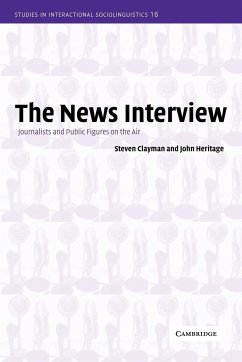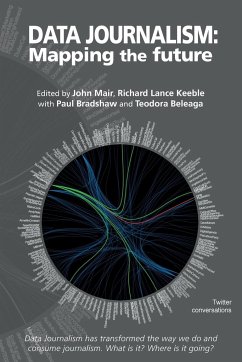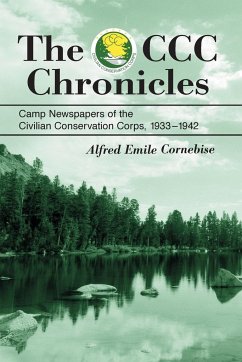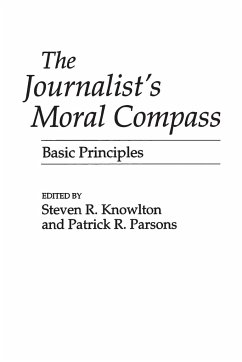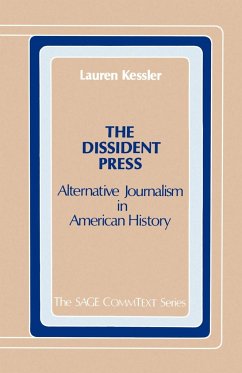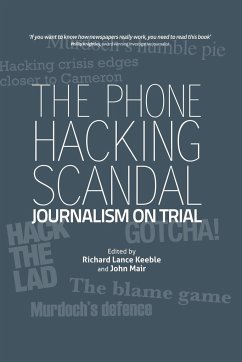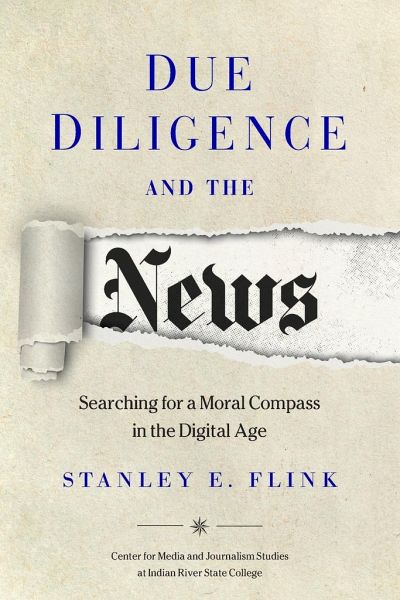
Due Diligence and the News
Searching for a Moral Compass in the Digital Age

PAYBACK Punkte
8 °P sammeln!
Reporter, editor and lecturer Stanley Flink knows the news business. He has worked as a journalist and editor for many years, in many different venues and platforms. Flink knows, as we all should, that democracy has no life without truth. In Due Diligence and the News, Stan reviews, succinctly and gracefully, the relationship between the press and American civic life from colonial days to the digital age. He shows that while opinions may differ, facts are not optional. How it can be possible to assure publication based on verifiable facts without curtailing differing opinions is the issue addr...
Reporter, editor and lecturer Stanley Flink knows the news business. He has worked as a journalist and editor for many years, in many different venues and platforms. Flink knows, as we all should, that democracy has no life without truth. In Due Diligence and the News, Stan reviews, succinctly and gracefully, the relationship between the press and American civic life from colonial days to the digital age. He shows that while opinions may differ, facts are not optional. How it can be possible to assure publication based on verifiable facts without curtailing differing opinions is the issue addressed throughout this collection of linked essays. Can internal verification earn the trust of the reading/listening public? Can a voluntary body of experts, like the Hutchins Commission, make workable rules? Can government—international, national, state or local—serve as a watchdog without violating the Constitution? Can the press, in the absence of malice, do less than full due diligence in commenting on a public official? These questions are addressed thoughtfully throughout this well written book, but no one, not even Stan, can answer them conclusively and for all situations. Ultimately, as Stan takes a look forward into the digital age, the age of learned intelligence and poses unanswerable questions about the future of the press.




